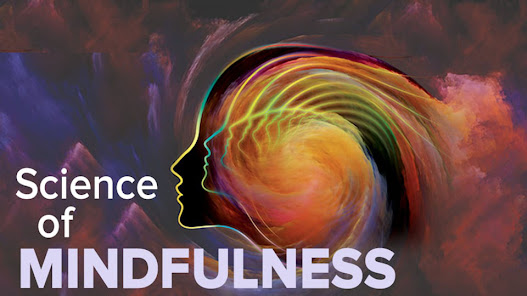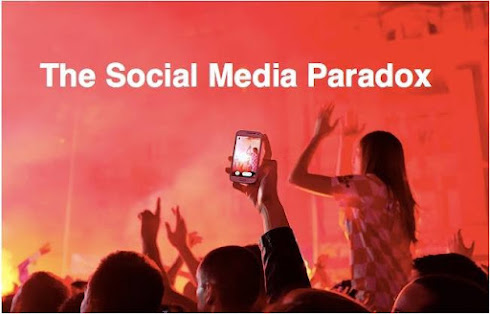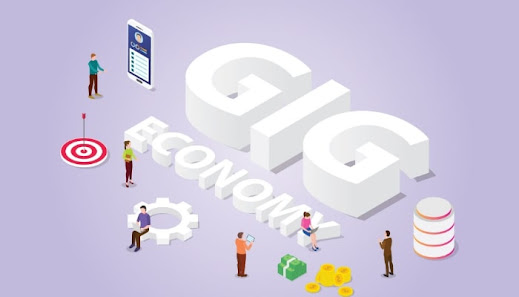 |
"The Virtual Reality Revolution: How Technology is Changing the way we Experience the World" |
Virtual Reality (VR) has come a long way since its inception. What was once seen as a science fiction dream is now a rapidly growing industry, changing the way we experience the world. From gaming to education, medicine to military training, VR is having a profound impact on many industries and changing the way we live and work.
At its core, VR is about creating an immersive experience that feels real. Using a headset, the user is transported to a virtual world where they can interact with objects and environments in a way that feels real. This technology allows us to experience things that would otherwise be impossible, like traveling to a far-off land or exploring a distant planet.
The gaming industry has been one of the first to embrace VR, and it's not hard to see why. VR games provide a level of immersion that traditional gaming simply cannot match. The ability to physically interact with a game world makes for a truly unique experience. From high-flying action games to slow-paced puzzle games, VR offers something for everyone.
Education is another field that is being transformed by VR. By placing students in a virtual environment, they can experience subjects in a way that was previously impossible. For example, a science student can take a virtual field trip to a distant planet or a history student can explore ancient ruins in a way that feels real. This type of learning provides a deeper understanding and helps students retain information better.
The medical field is also making use of VR technology, using it for everything from medical training to patient therapy. Medical students can use VR simulations to practice procedures, while therapists are using VR to help patients with conditions like phobias and post-traumatic stress disorder. This type of therapy is proving to be effective, as it allows patients to confront their fears in a safe, controlled environment.
The military is also making use of VR technology, using it for everything from training to planning and strategy. Soldiers can use VR simulations to practice scenarios and missions, allowing them to become familiar with the environment before entering a real-life situation. This type of training is proving to be more effective than traditional methods, as it allows soldiers to experience the situation in a way that feels real.
The future of VR is exciting, with new applications and uses being discovered all the time. From entertainment to education, medicine to the military, VR is changing the way we experience the world and offering new possibilities for how we live and work.
In conclusion, the VR revolution is in full swing and its impact is already being felt in many industries. The ability to experience things in a way that feels real is changing the way we learn, play, and work. With advancements in technology and the continued growth of the VR industry, the future of VR is bright, and the possibilities are truly endless.








